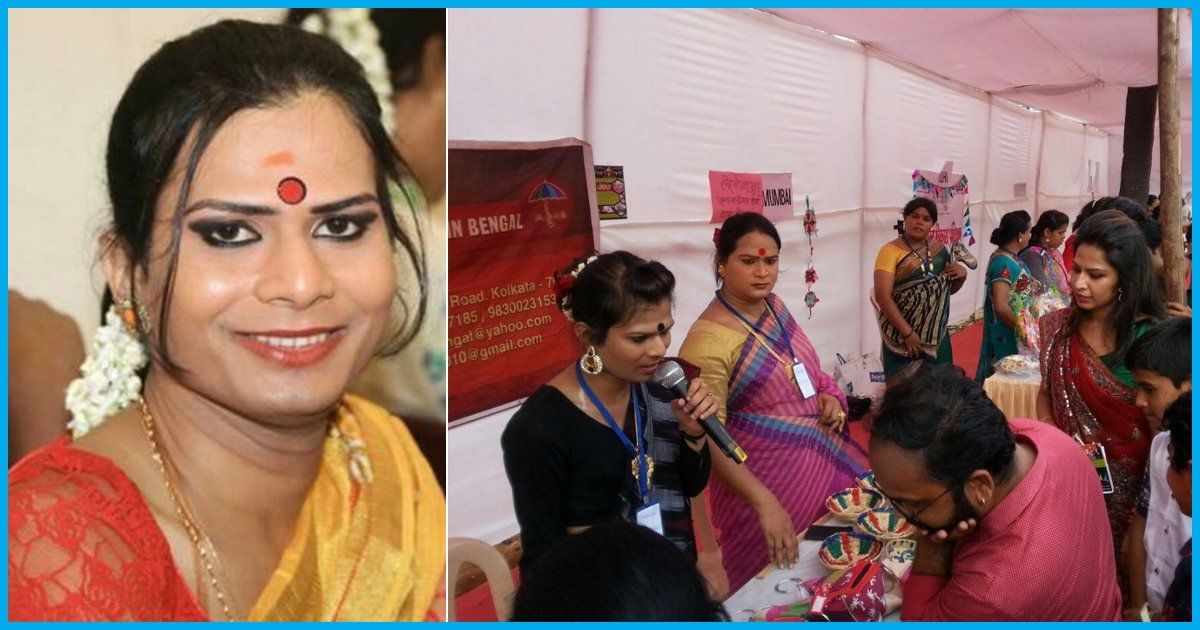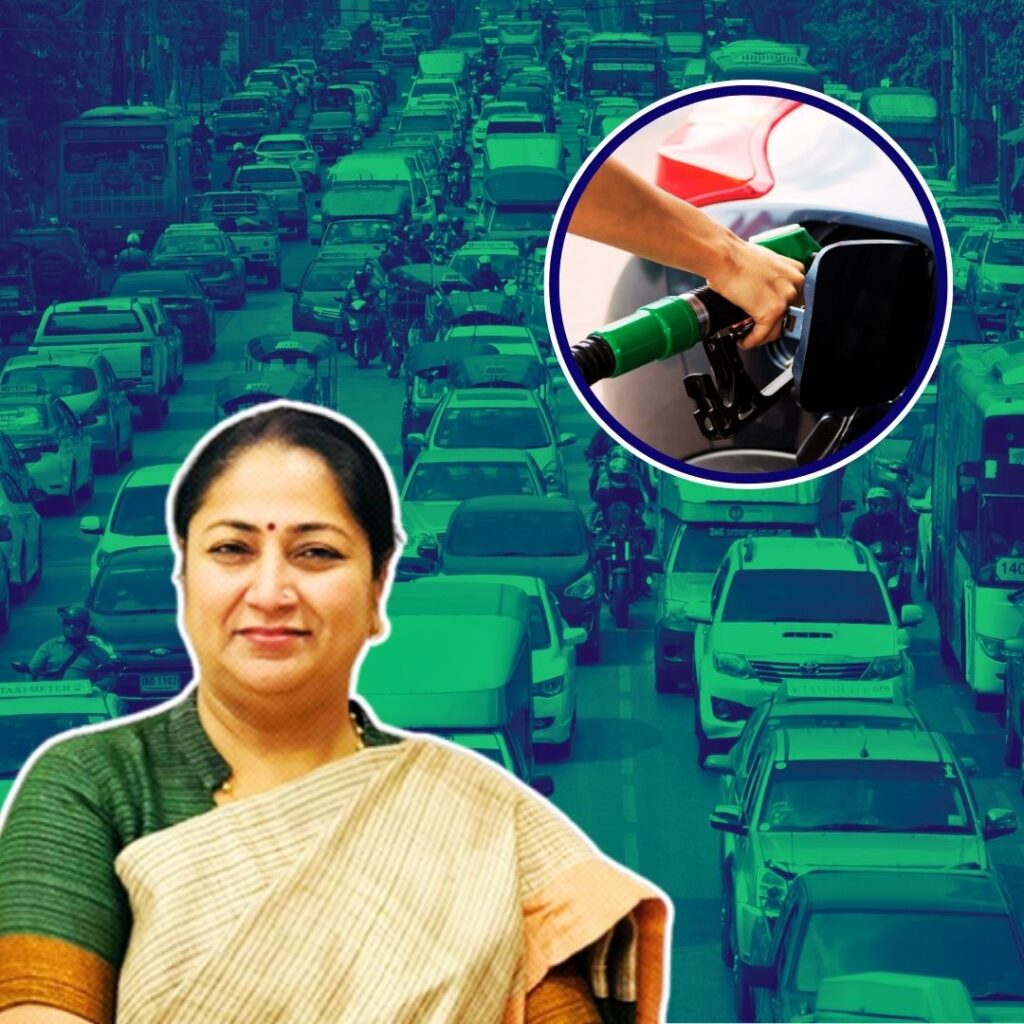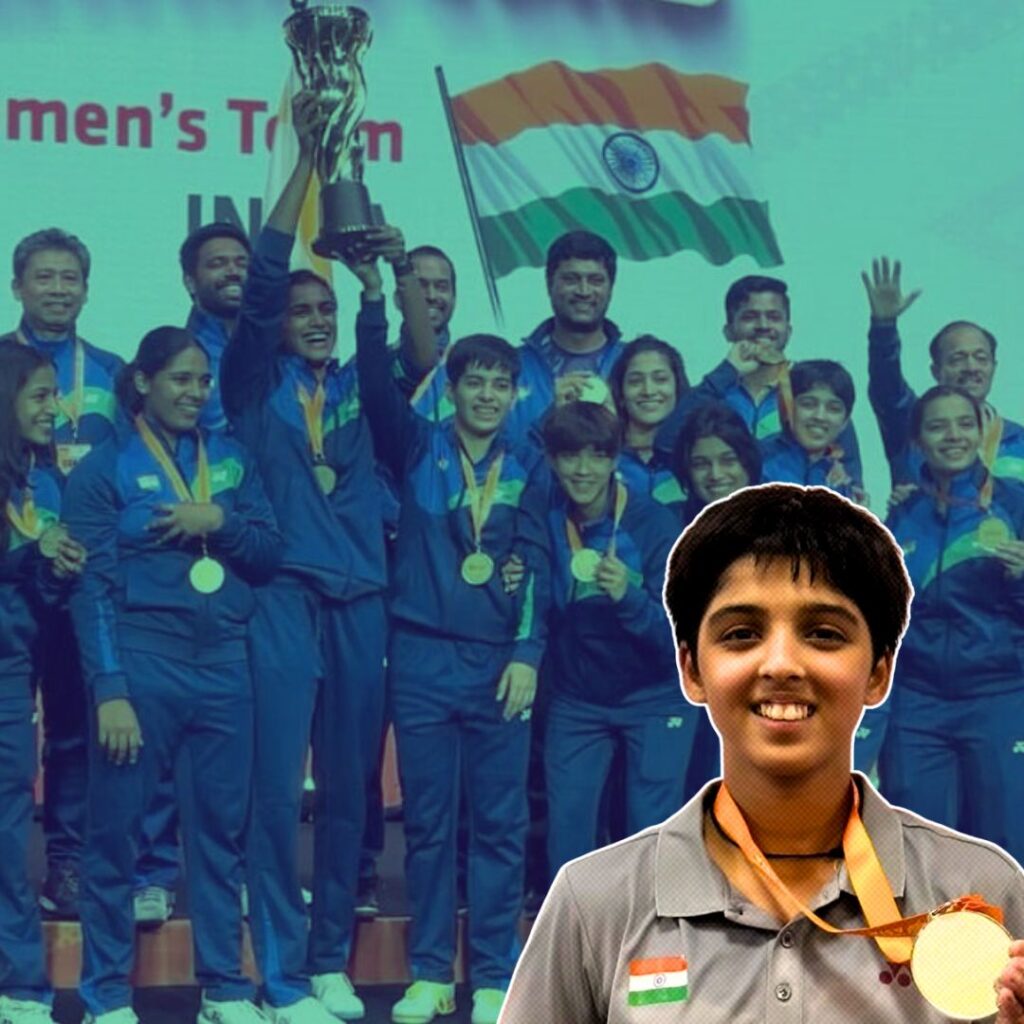“If they see breasts and long hair coming,
They call it woman,
If beard and whiskers
They call it man;
But look, the self that hovers in between
Is neither a man nor woman.” – Devara Dasimayya, 10th century Bhakti poet
‘Joyita’: the name itself signifies victory. It refers to someone who has emerged victorious after the struggles that life had thrown at her. Very few people can live up to their name and that too, to the extent that it reflects in their life. Joyita Mondal, a transgender activist and the first transgender judge from Uttar Dinajpur, a remote district in West Bengal, is one such person who has not cowed down to the troubles that she has been facing for so long.
The Logical Indian had the opportunity to talk to Joyita about her life. Here, she has shared her myriad experiences and has also talked about the omnipresent discrimination that is faced by people in her community.
Her life as ‘Joyonto’
“Tell me about yourself; whatever you have encountered so far?”
This was a question that was asked to Joyita. She kept quiet for a while and then uttered these hard-hitting words, “Have you ever felt a stifling feeling around your throat, a sensation that does not allow you to breathe? I have had such a feeling from my childhood and did not know how to tackle the situation.”
“I am the only ‘son’ of my parents; they had named me ‘Joyonto’. I have two elder sisters, but you know the ‘significance’ of being an only son in a middle-class Bengali family – all my parents’ hopes and aspirations were pinned on me. And there I was, still struggling to find an identity for me that would make me comfortable,” she explained.
The discomfort and the pain were so excruciating that Joyita was compelled to leave home in 2009.
“But do not get me wrong,” she said, “It is not like there was no love left between my parents and me. I adore them and look up to them for their advice even to this day. But I had to go out of my home in search for my identity, if I had not left that day I would not have achieved whatever little I have achieved today.”
She had joined a BPO in Kolkata, but the harrowing experience she faced there served as a great deterrent for Joyita. “I was made fun of on a regular basis by my colleagues. On top of that simple tasks like that of using a washroom turned out to be problematic for me. I decided that it was high time I left Kolkata,” she said.
And thus Joyonto was buried in memory and from his ashes rose the phoenix of Joyita.
Uttar Dinajpur: A second home to Joyita
Joyita had come over to a small border town called Islampur in the district of Uttar Dinajpur, where she had prior acquaintances.
“I started working, but I could sense a lot of hostility from the people around me. I am sure their reaction stemmed from a lack of awareness but dealing with that on a regular basis was difficult for me,” she explained.
Also, the friends on whom she was dependent did not prove to be very helpful to her, Joyita added. With a meagre salary of five thousand, it was becoming more and more difficult for her.
“I have had horrific experiences of spending sleepless nights at a bus stop on an empty stomach – all because hotels did not want to give me food and lodging even though I was ready to pay for them,” she said.
In spite of facing all these problems, Joyita did not stop. “On 10 January 2010 my organisation was formed; we named it ‘Dinajpur Notun Aalo Society’ (New Light For Dinajpur) that aimed at bringing rays of hope for the people in the area,” she said.
Joyita with her organisation
“It was through this organisation that I came in contact with many others from my community, and we started working together to bring about change. The knowledge and awareness that I was privy to because of growing up in Kolkata came in handy while working for the organisation,” she went on to explain.
In 2012, Joyita and her organisation got the charge of Pehchaan project financed by the Global Fund that went on for four years. “It is through this project that I was able to build a strong rapport with the district-level government,” she said.
A new direction to Joyita’s work
A striking feature of Joyita is her upfront and candid nature which becomes evident when she said, “I have seen my community members fighting only for their rights. The clamour for their well-deserved rights is fine, but I also feel that sometimes we need to transcend our identity and work for the betterment of the entire society.”
Her first project was making an old-age home, Age India, for the elderly people in the locality. The striking feature of the organisation was that it was run entirely by the transgenders. Next, she concentrated on making EPIC cards for the prostitutes in nearby brothels – the authorities were not keen to work for them, Joyita took the responsibility on her shoulders.
Joyita working with Age India “It is because of these steps that I had taken, people …











